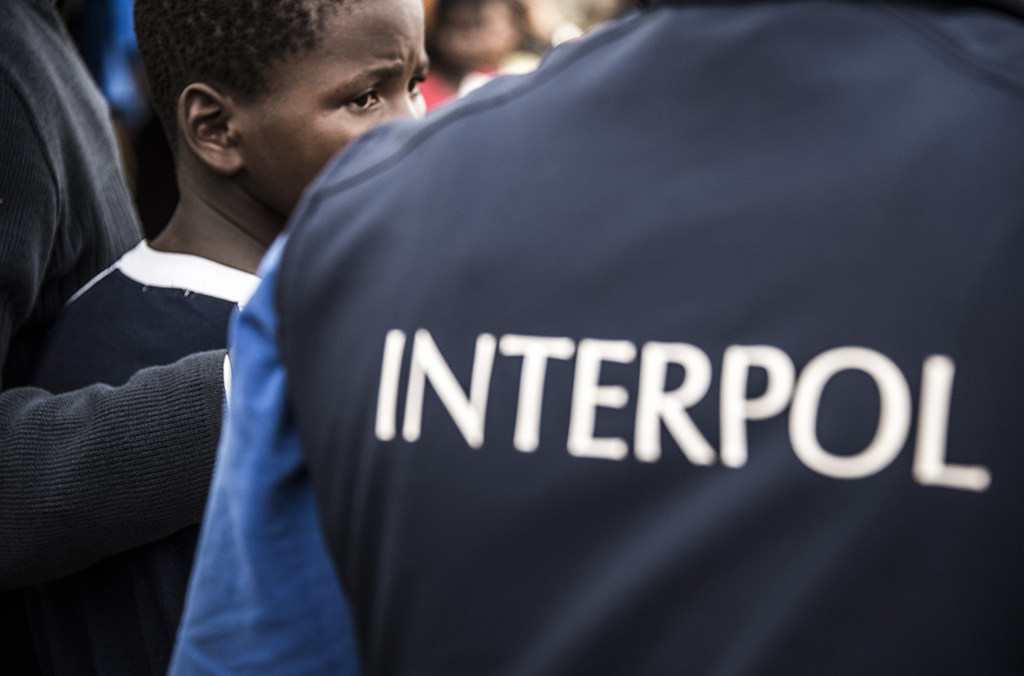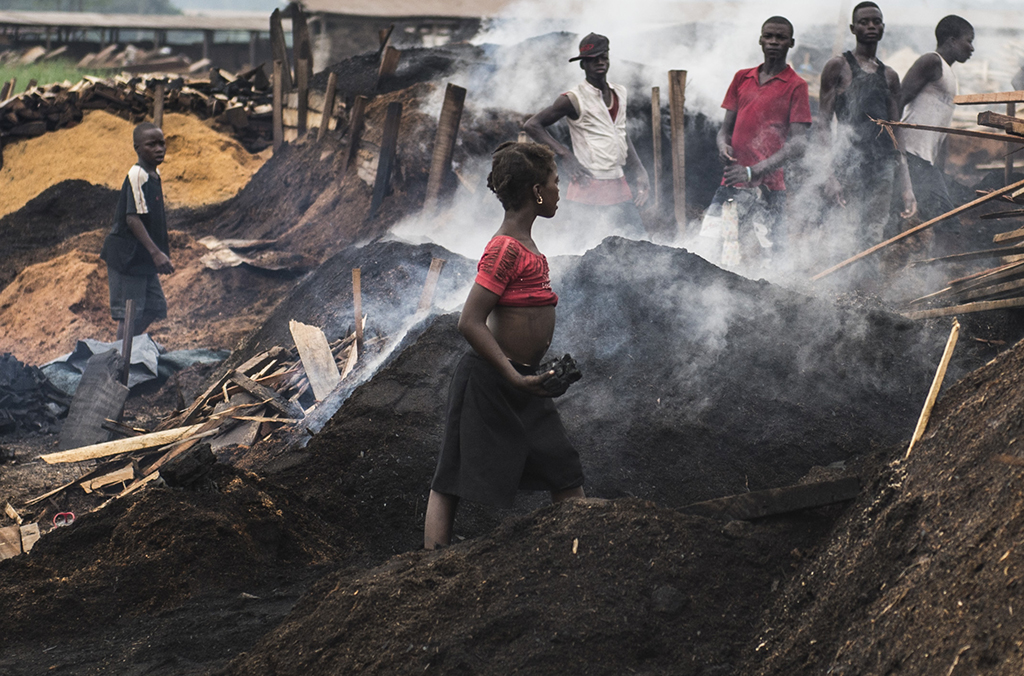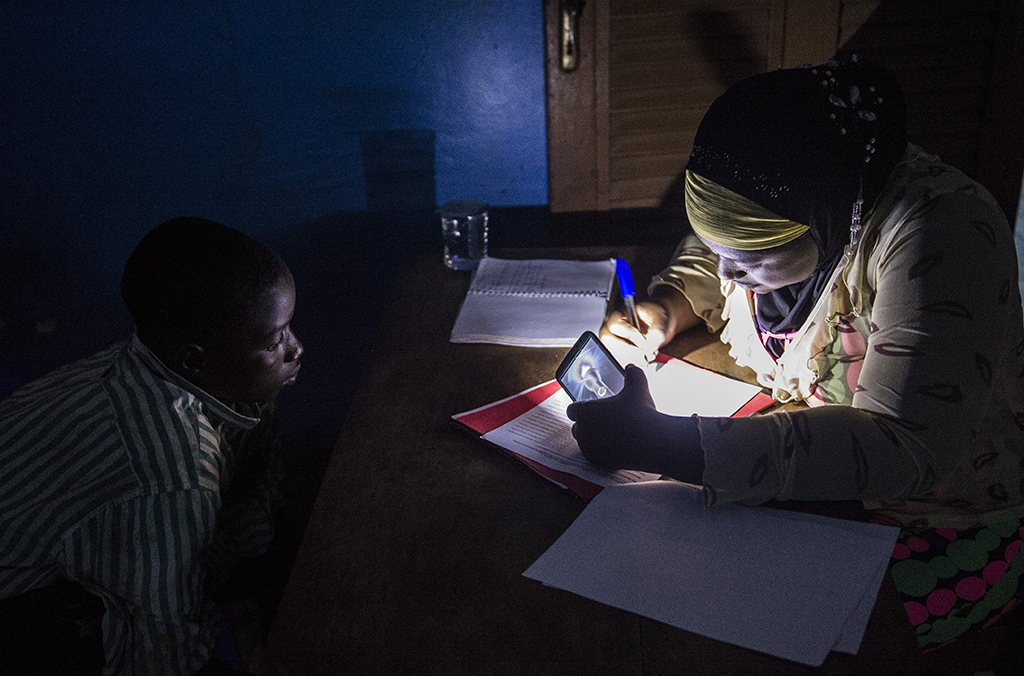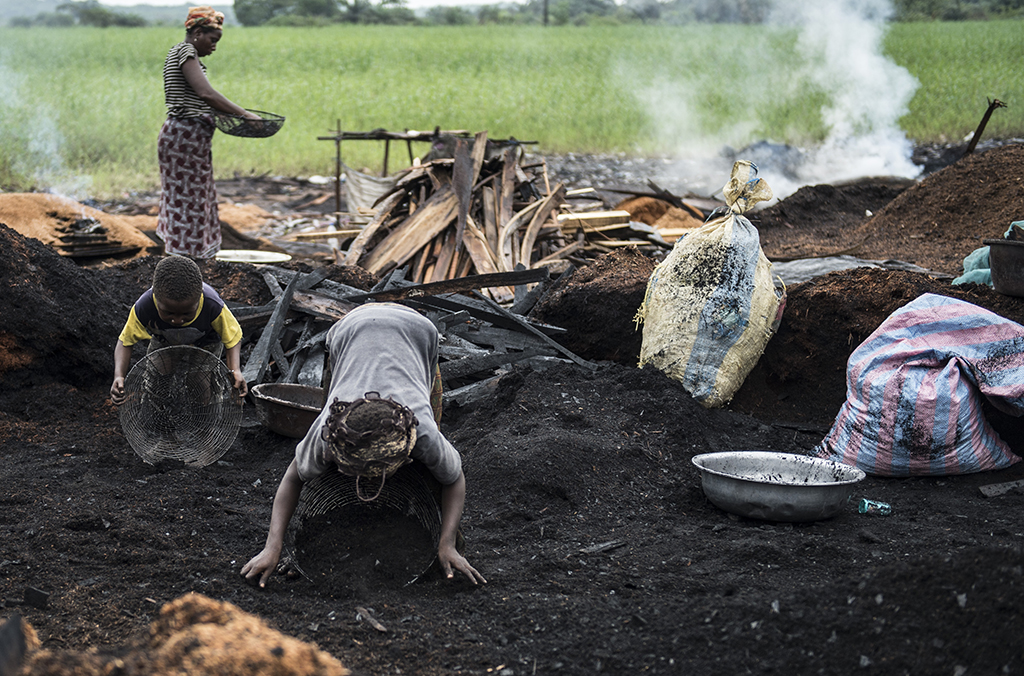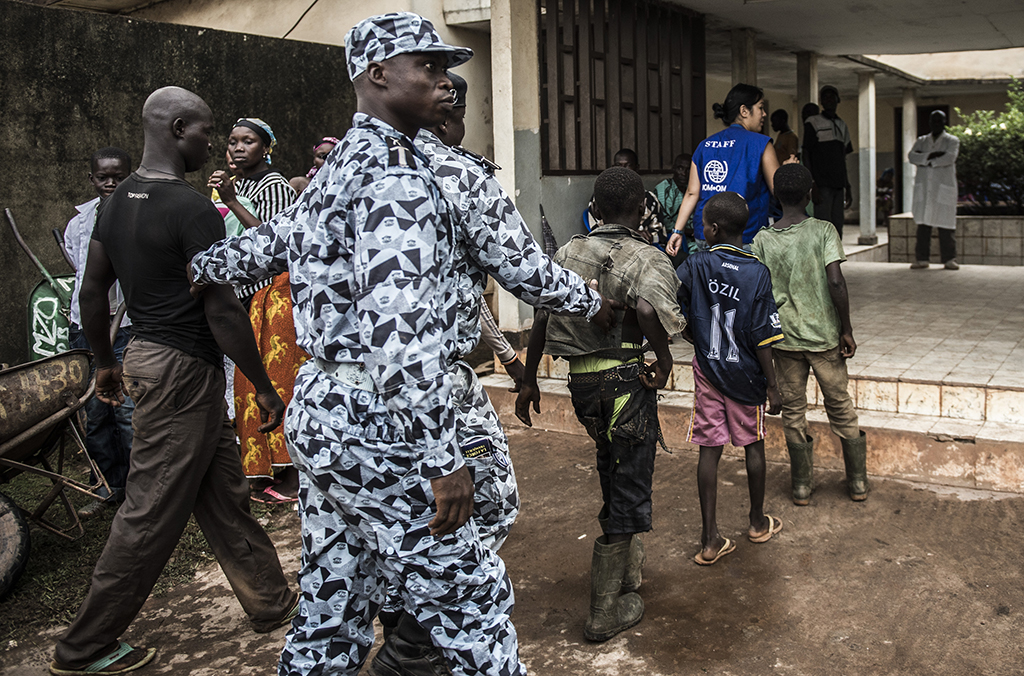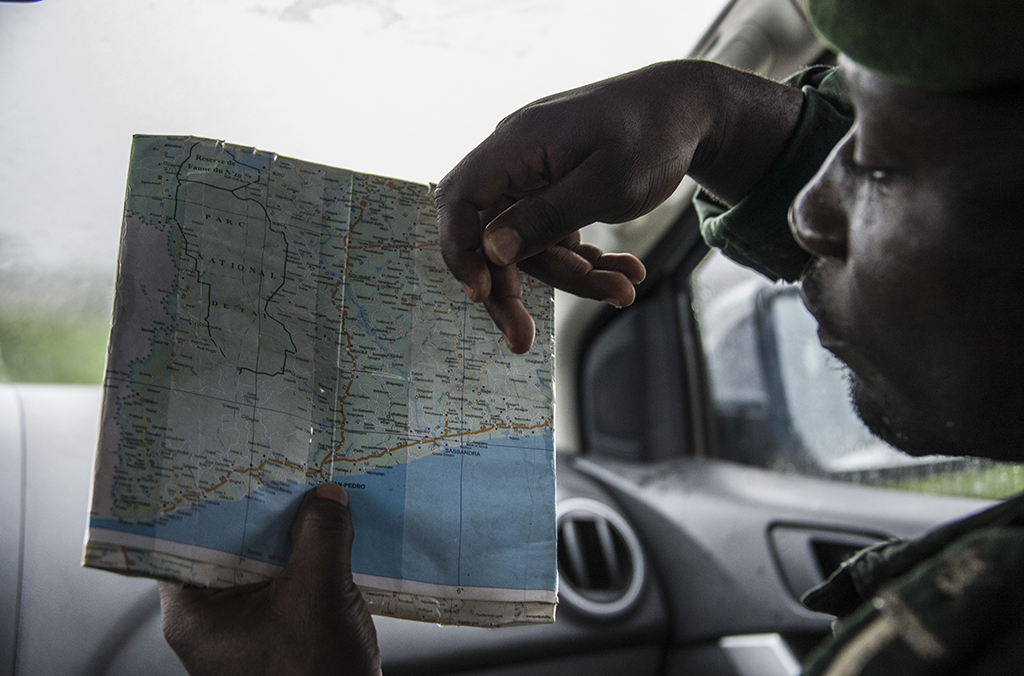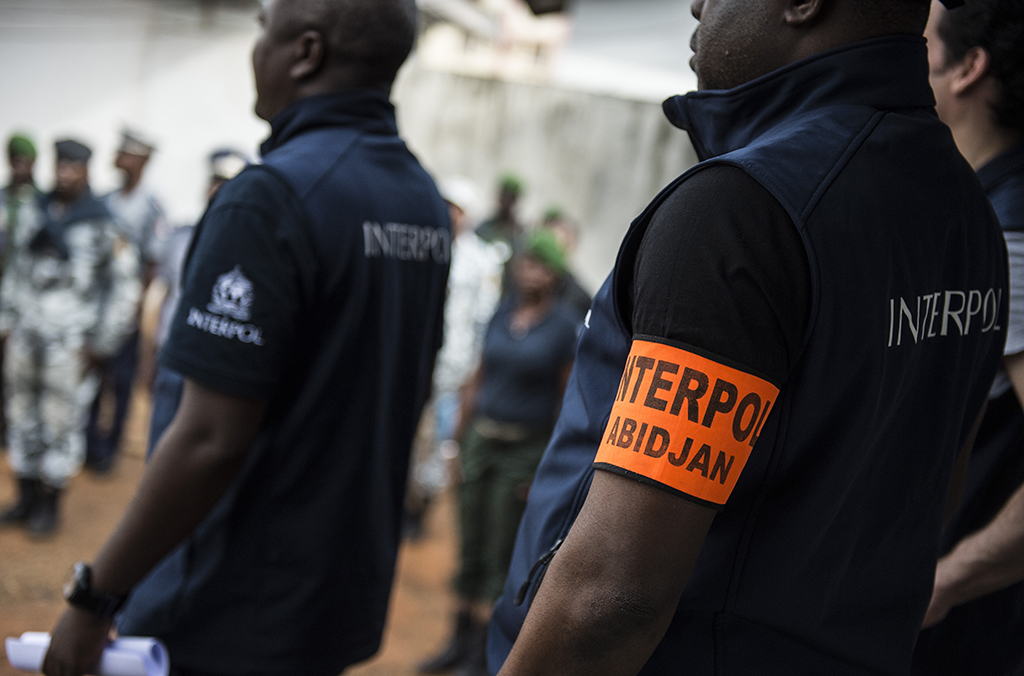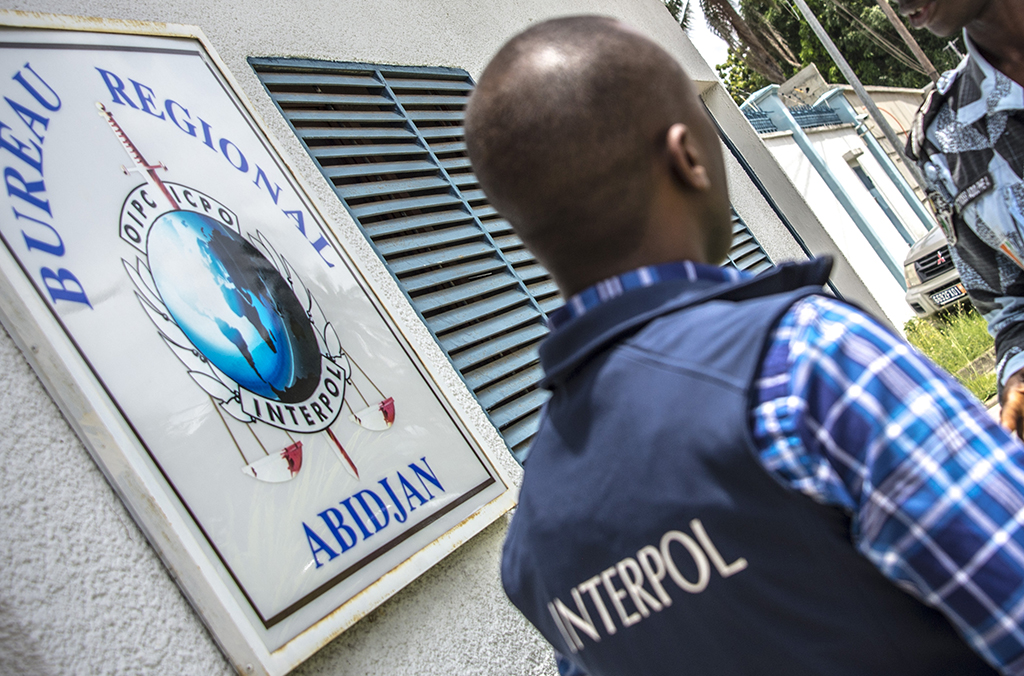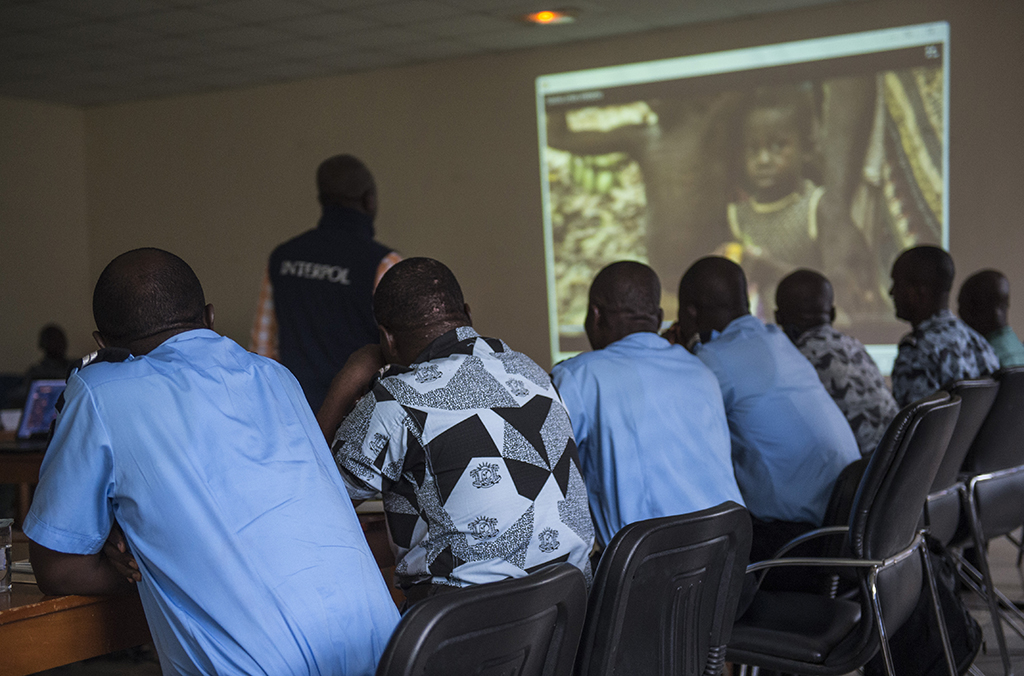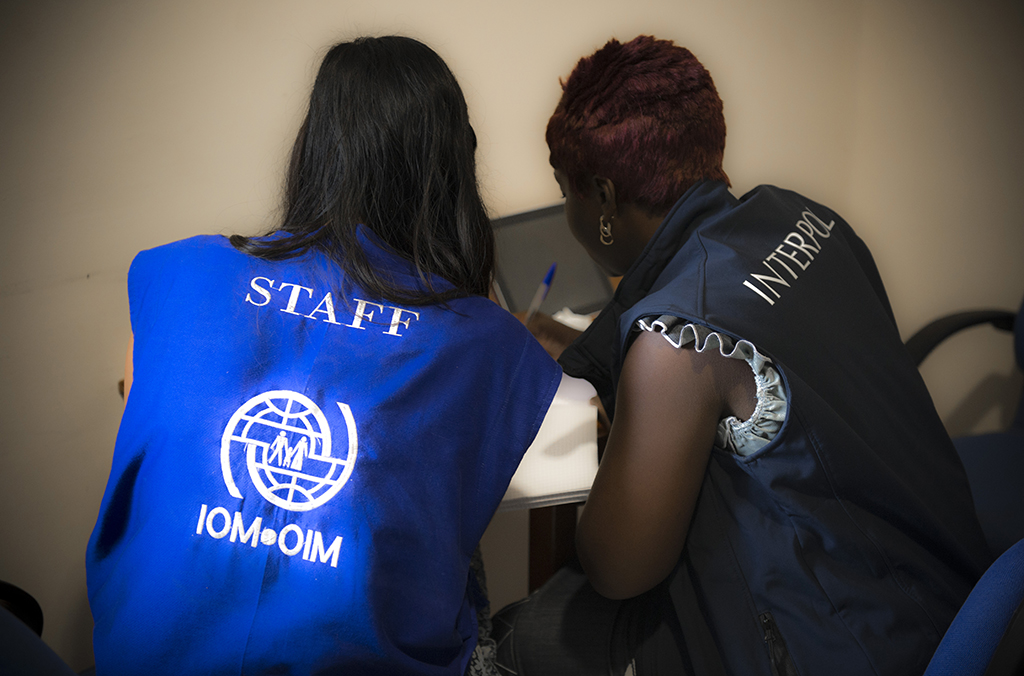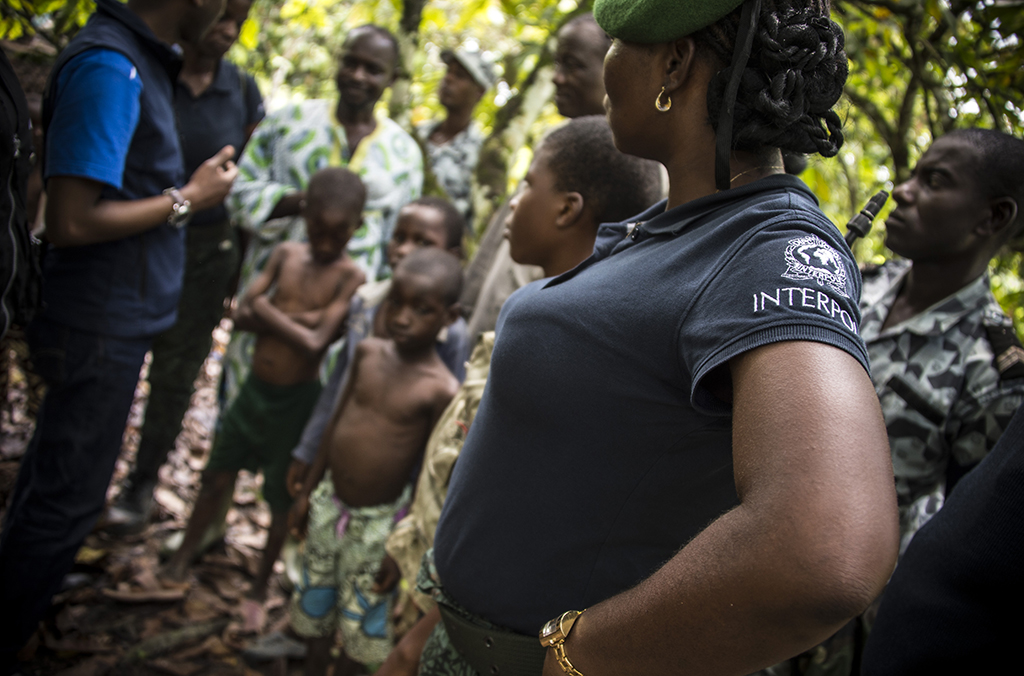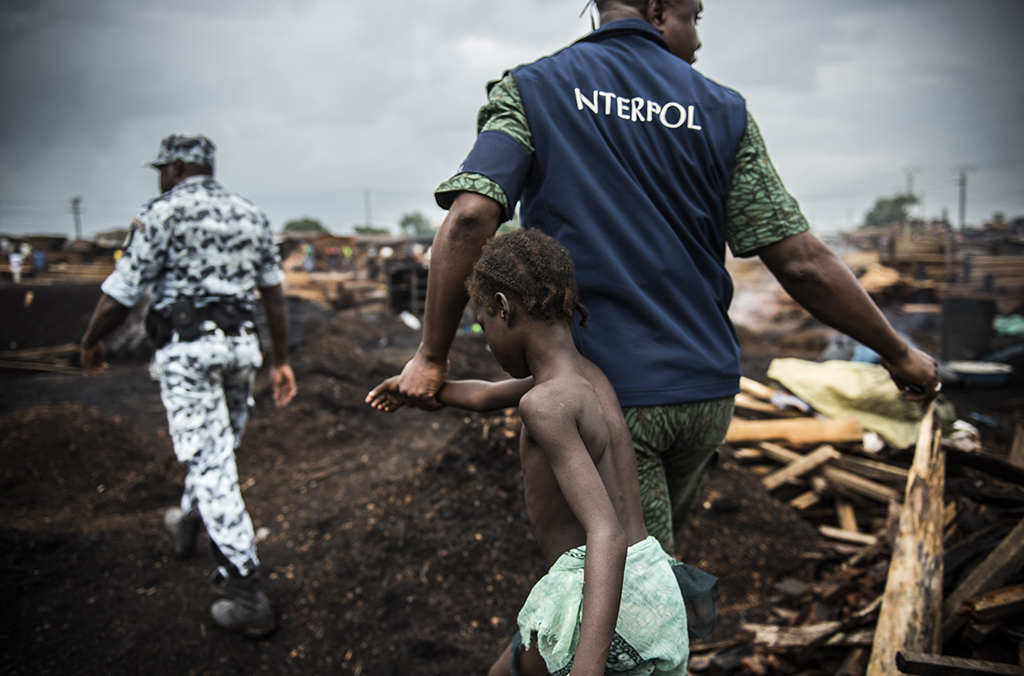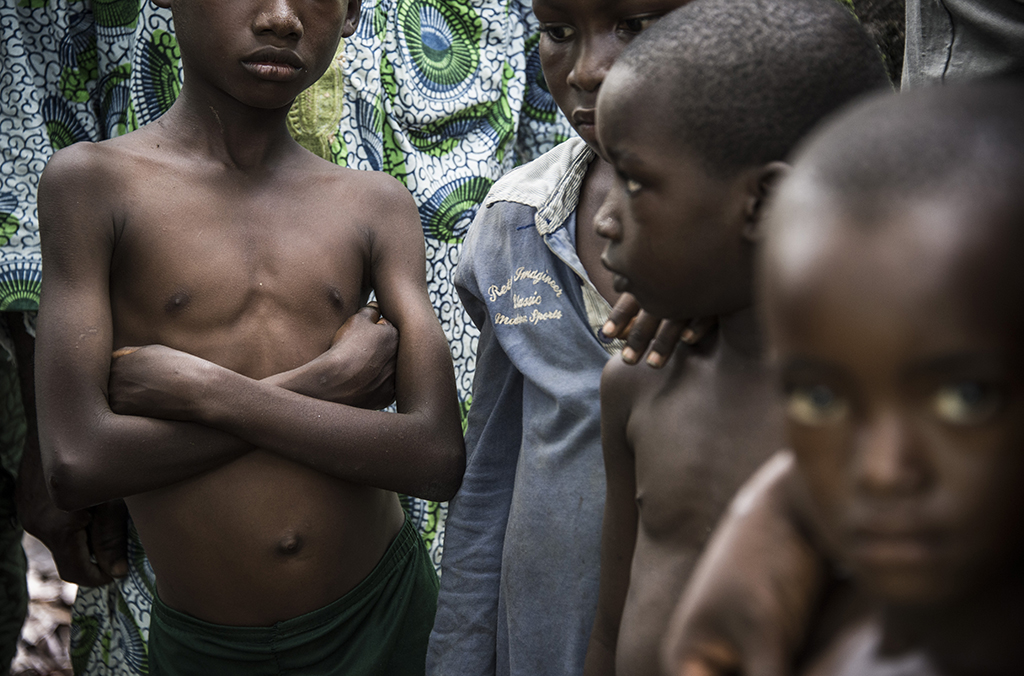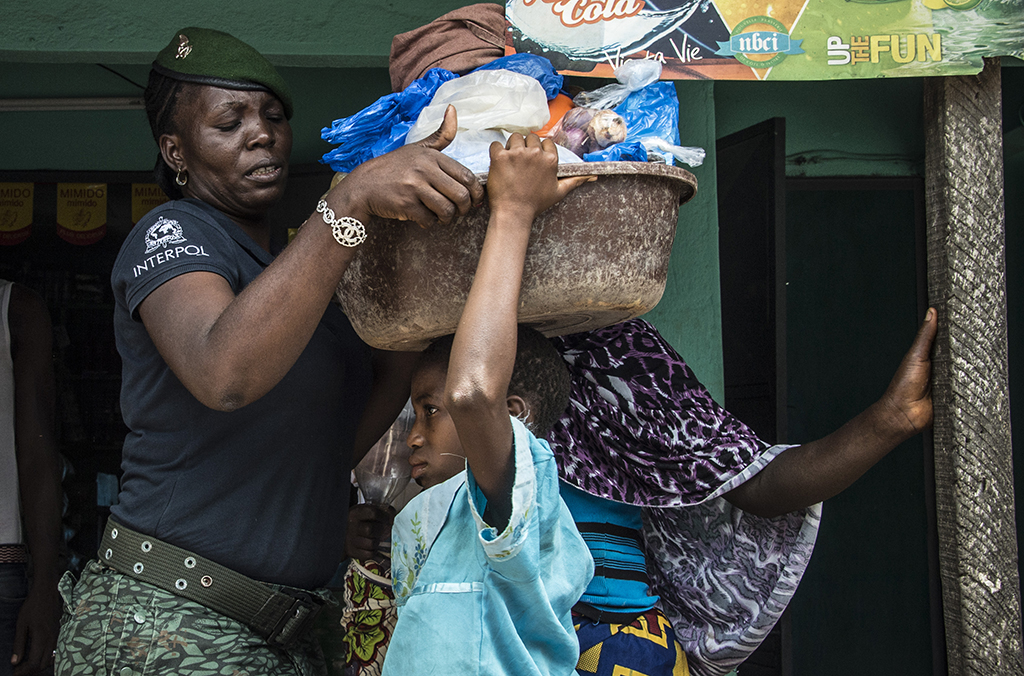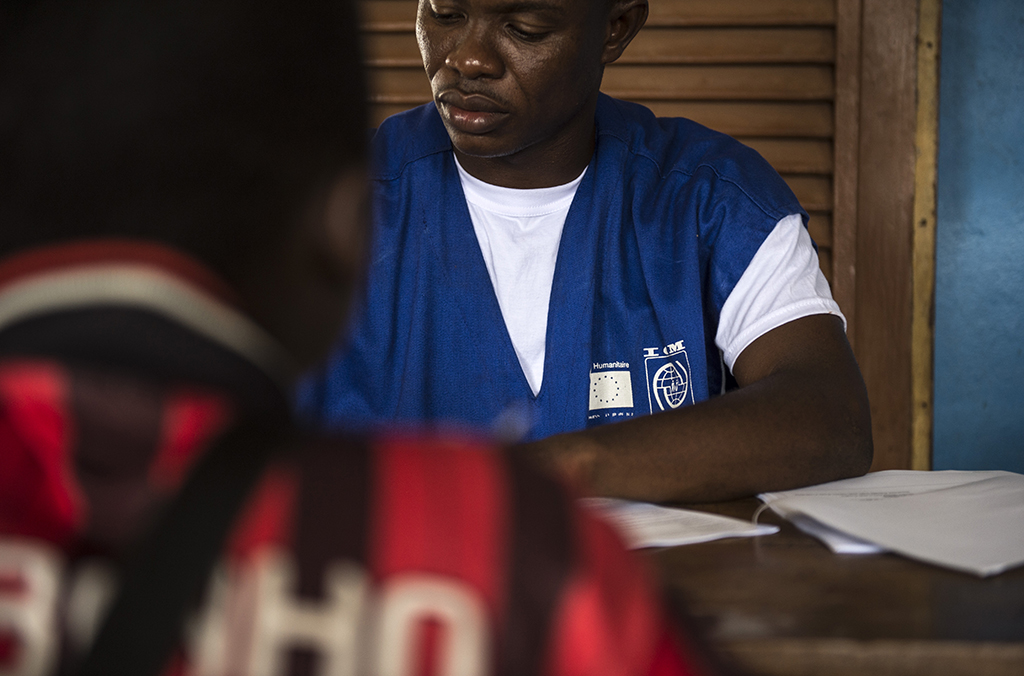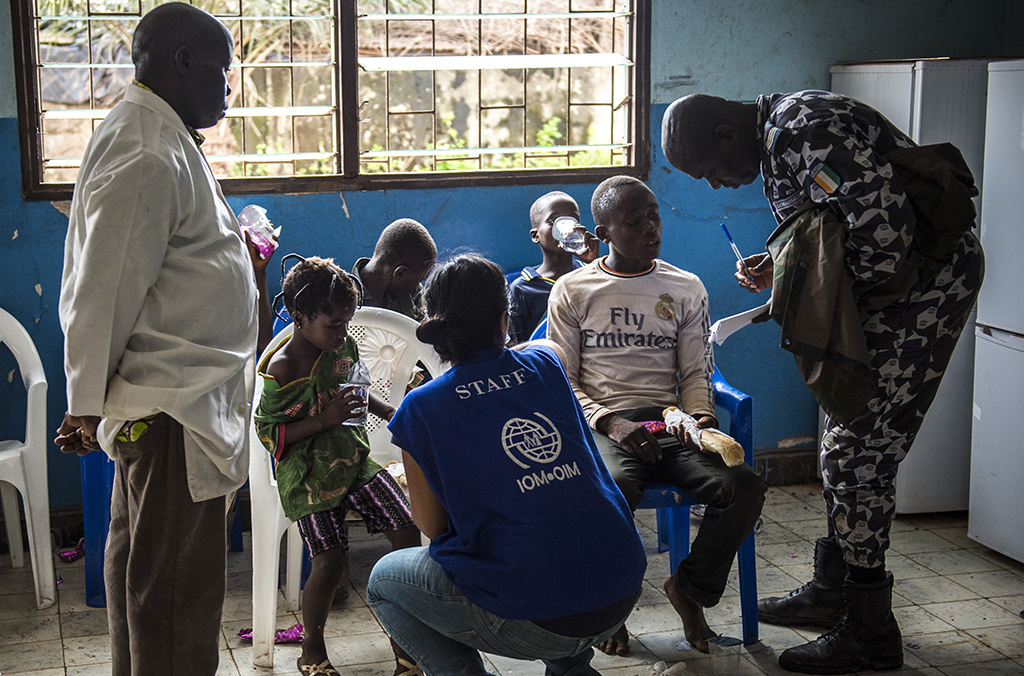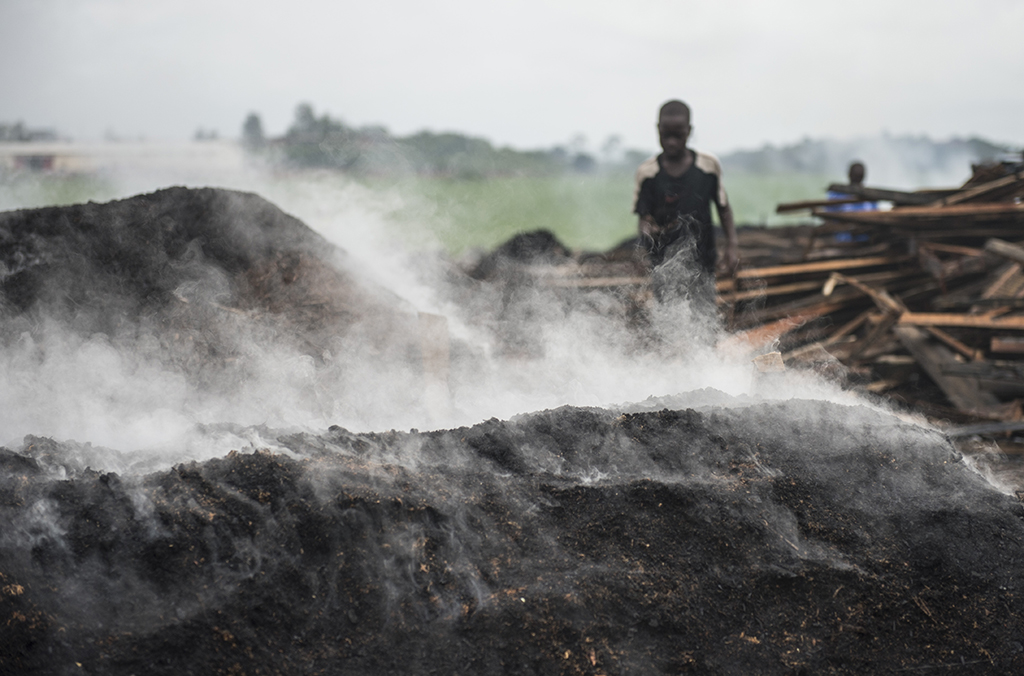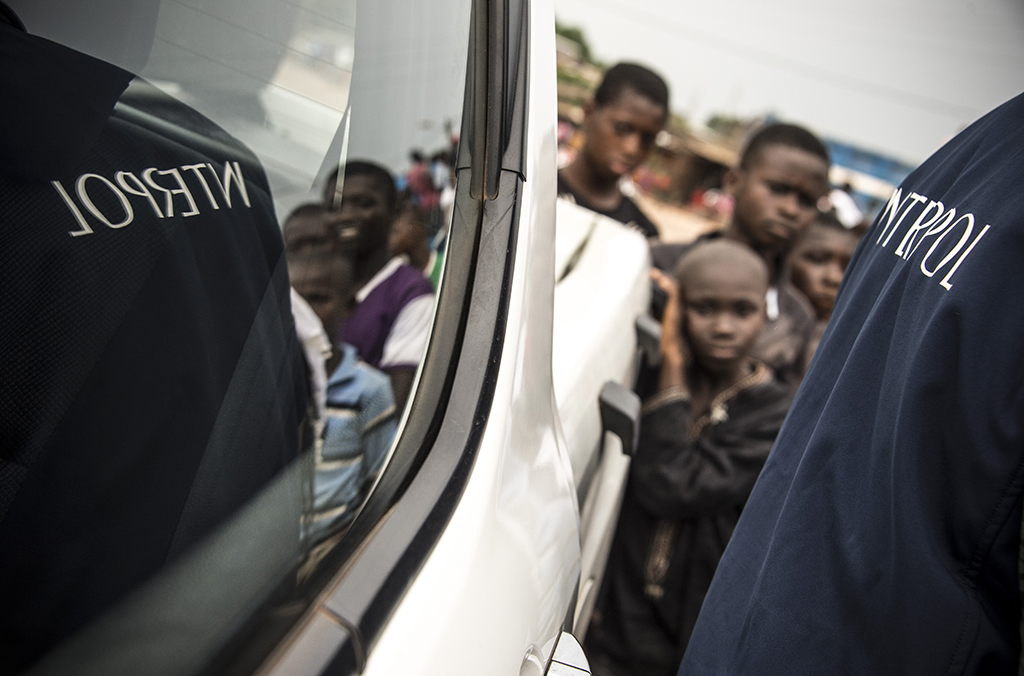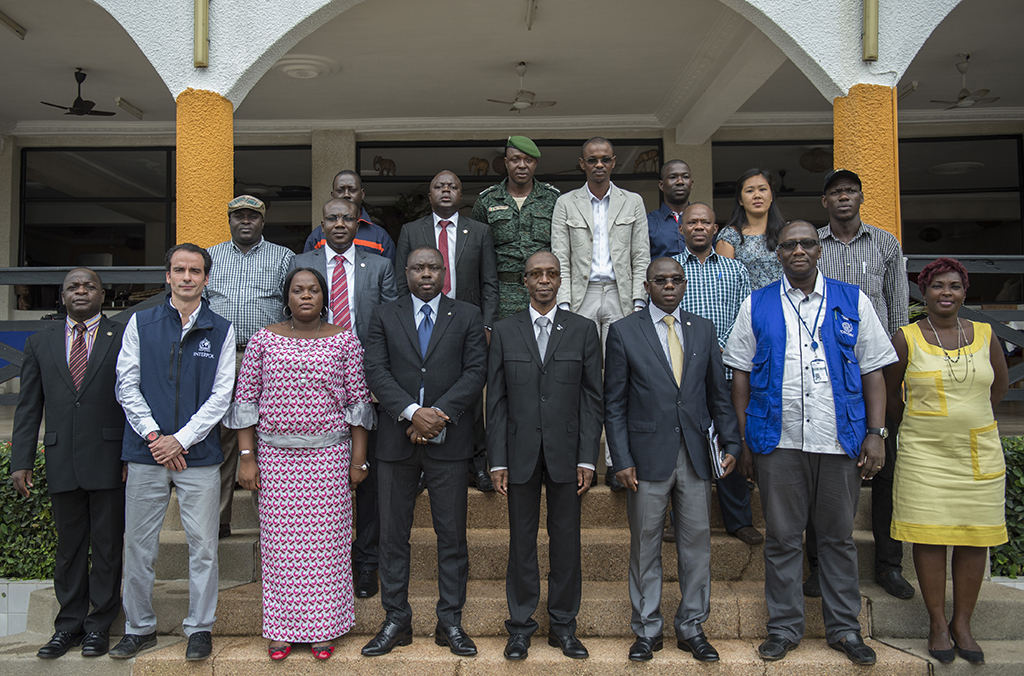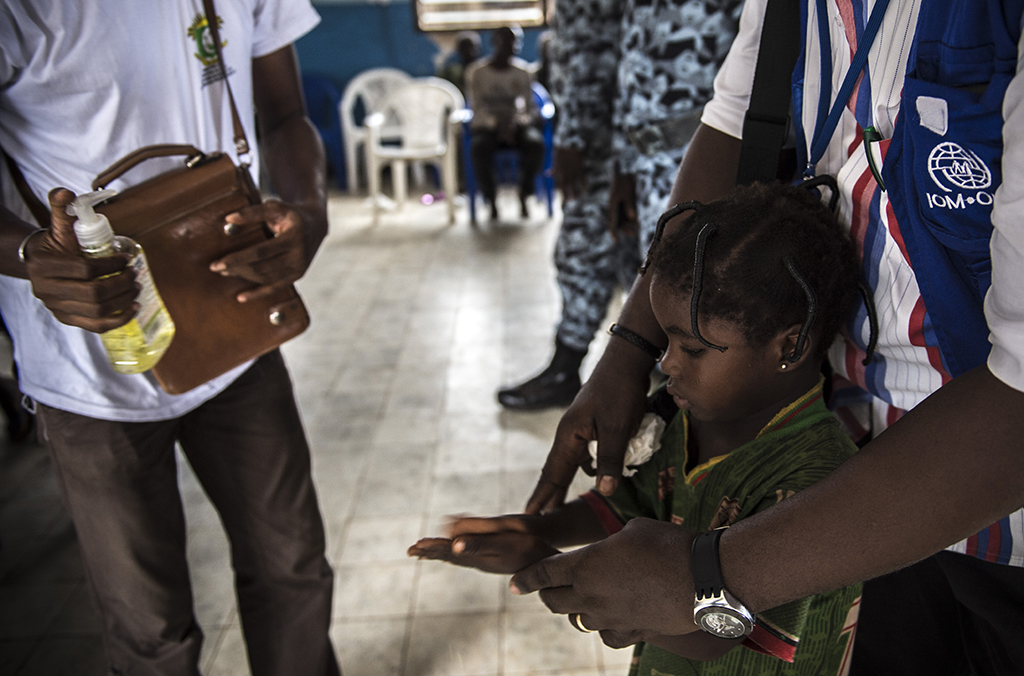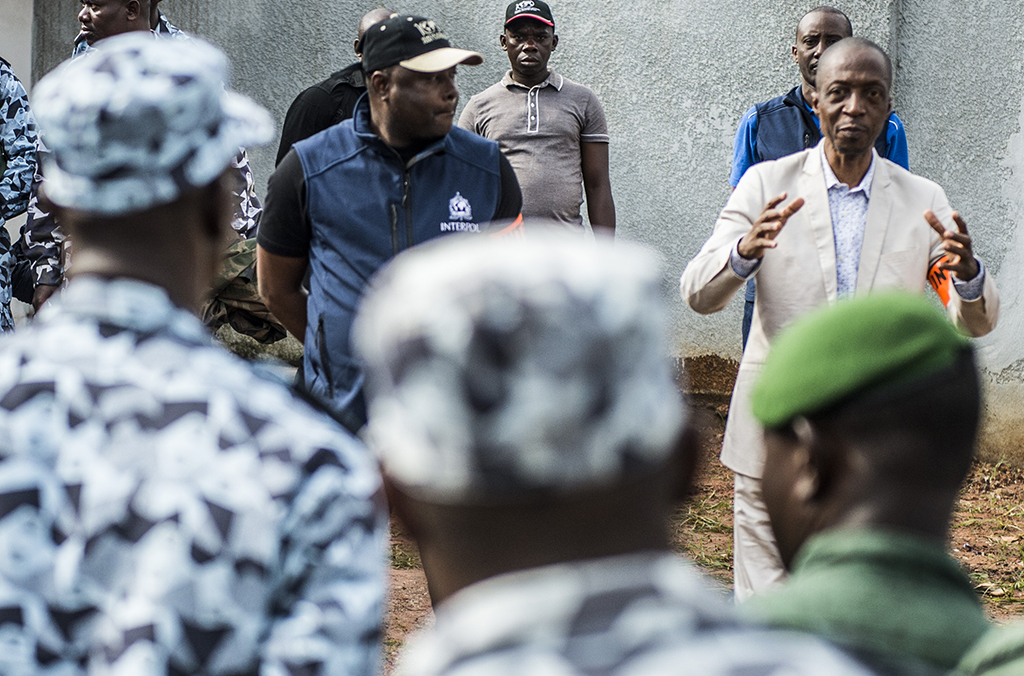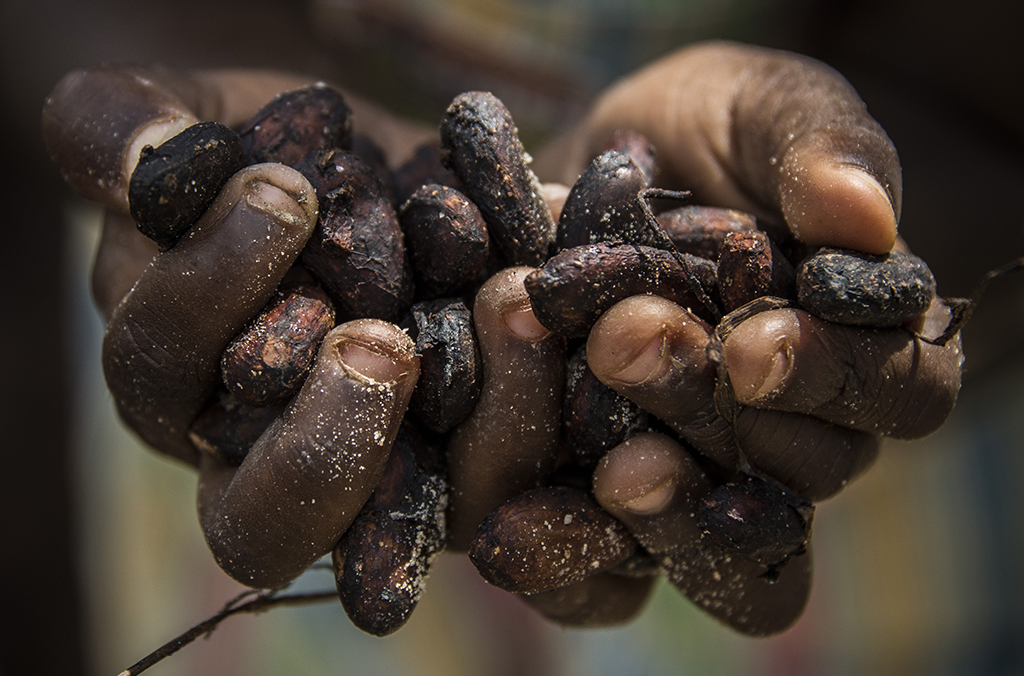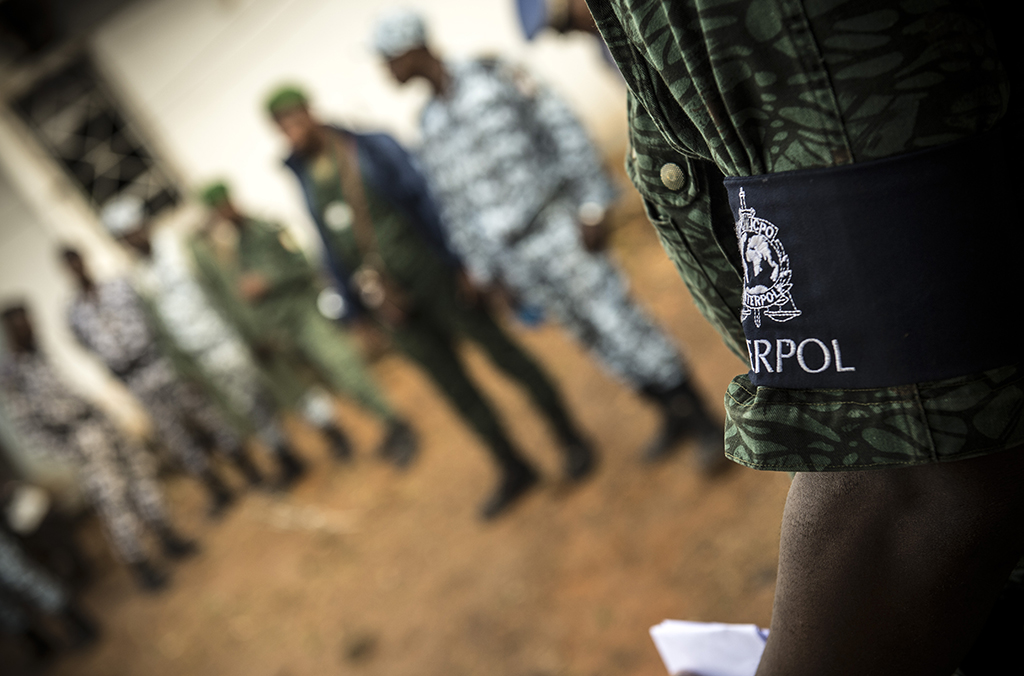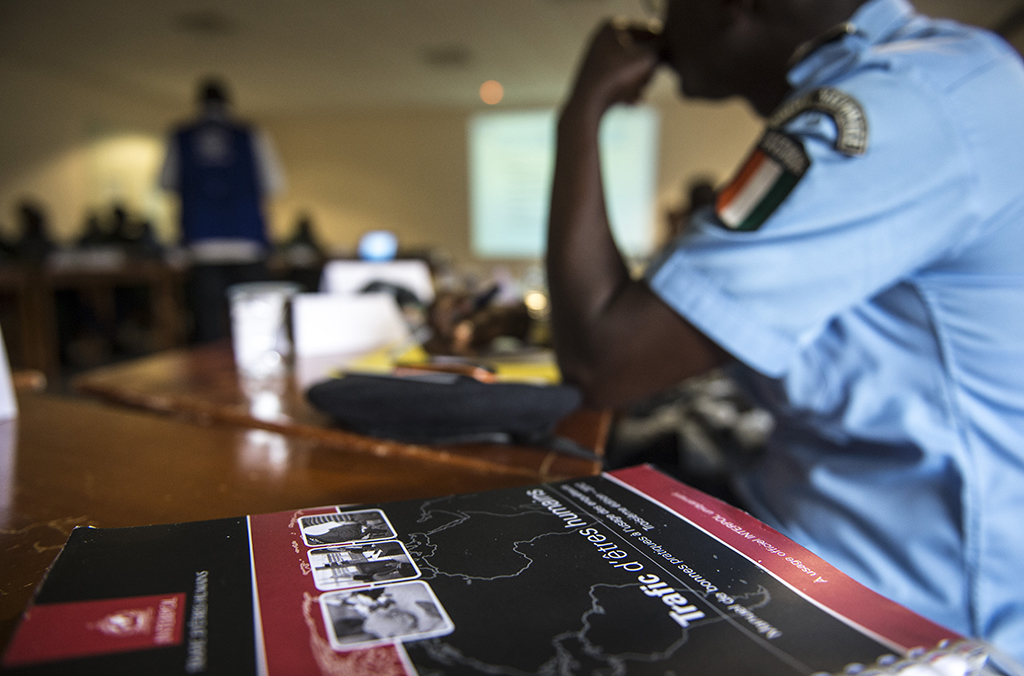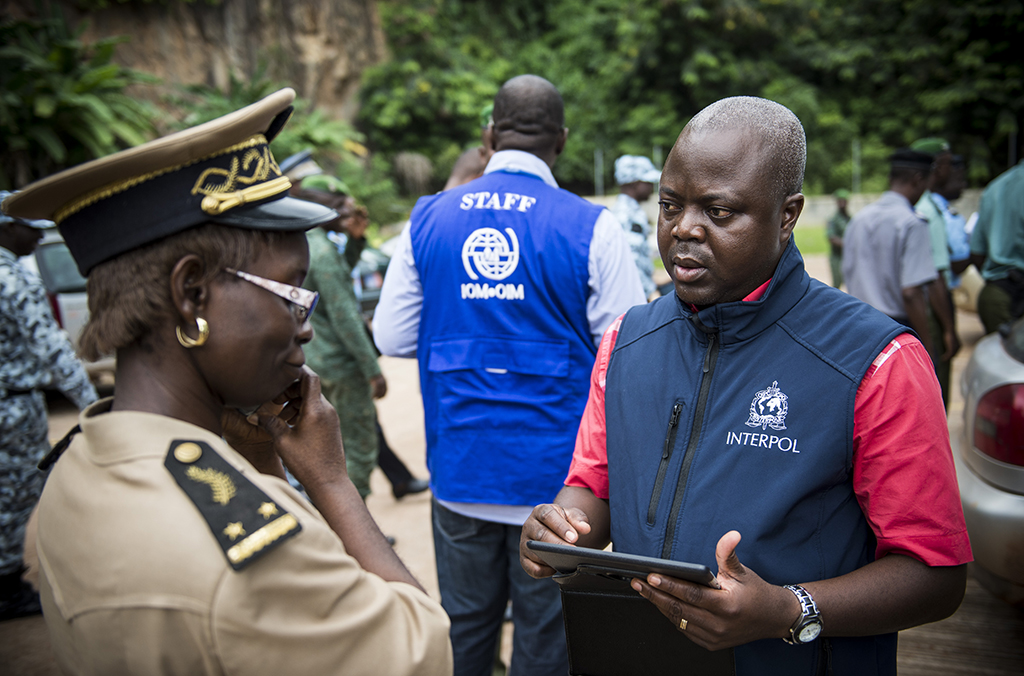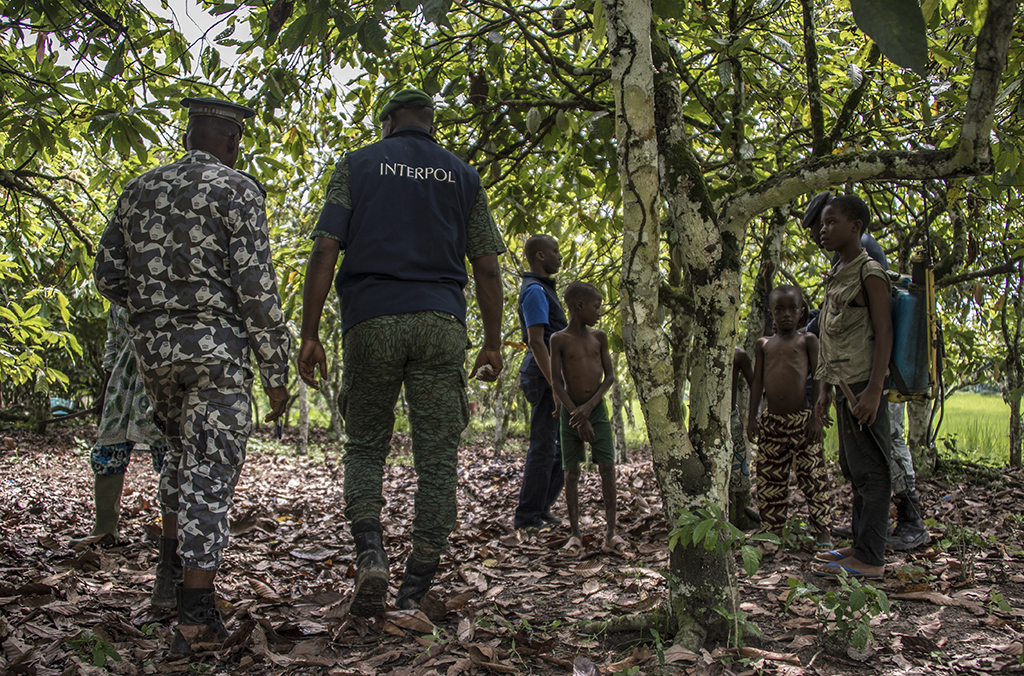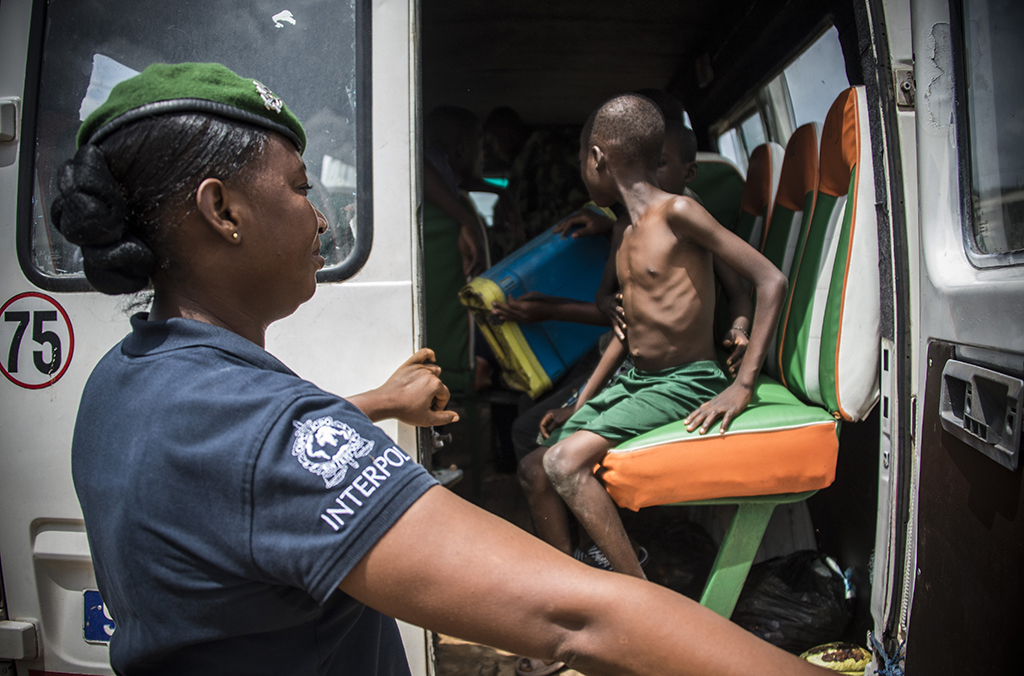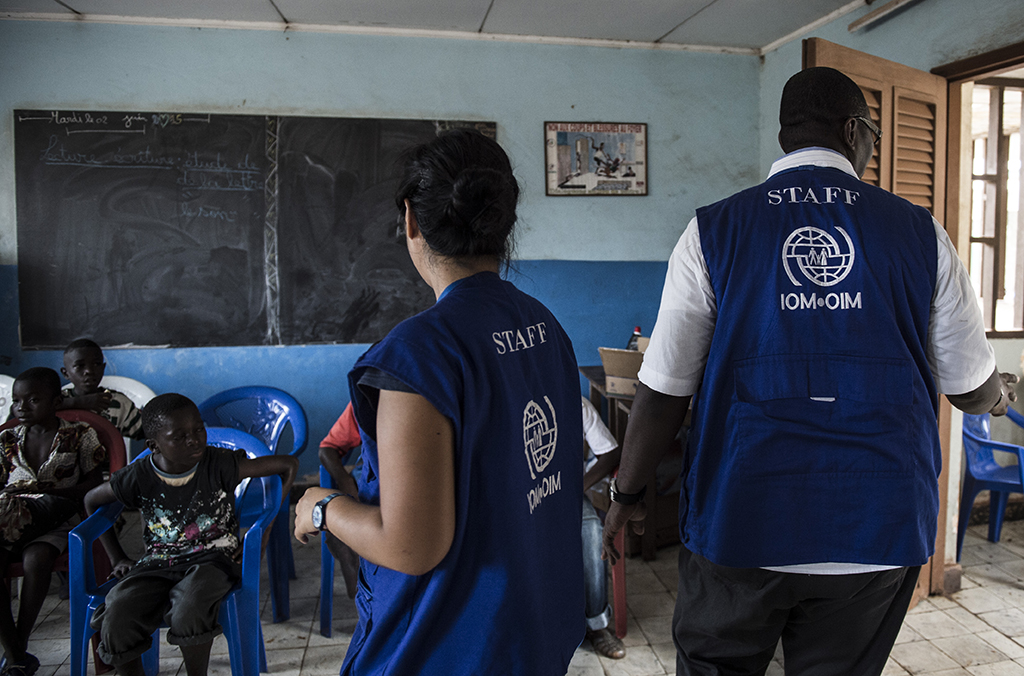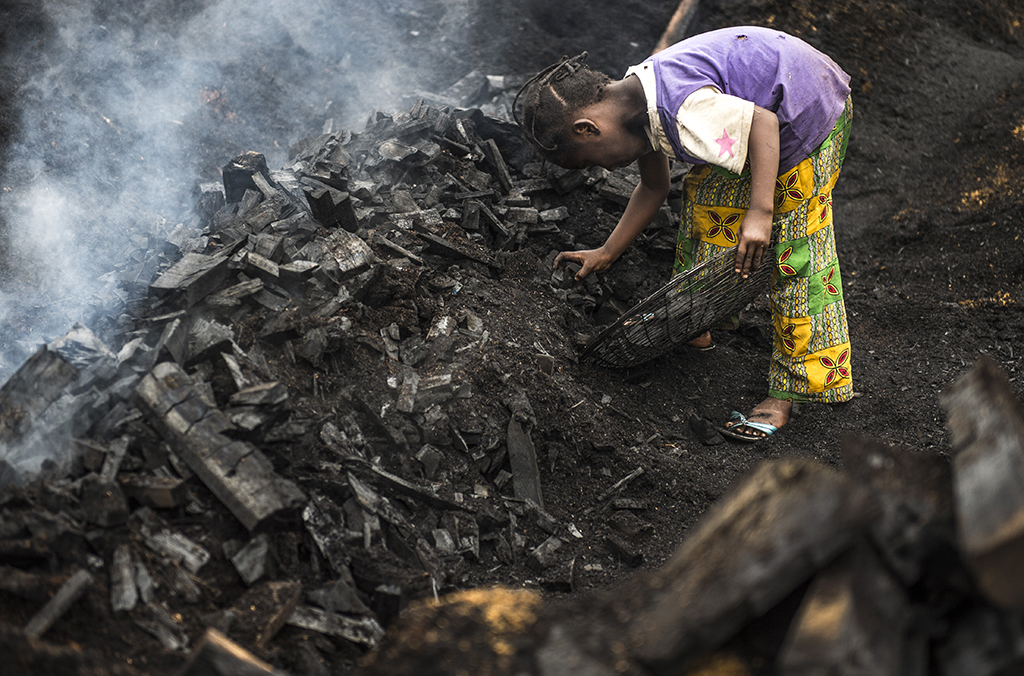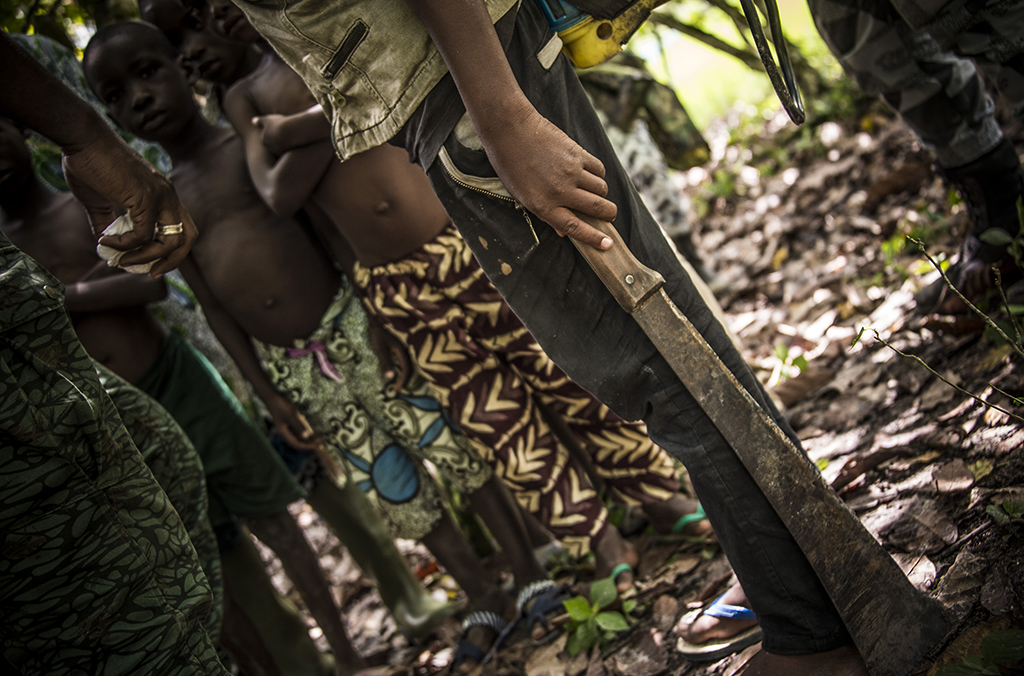SAN PEDRO, Côte d’Ivoire – More than 48 children have been rescued and 22 people arrested following an operation targeting child trafficking and exploitation in Côte d’Ivoire.
Nearly 200 law enforcement officers from the police, gendarmerie and forestry agencies took part in Operation Akoma (1 – 6 June) which focused on the agricultural and trade sectors around the San Pedro area in the south west of the country.
The children, aged between five and 16, were discovered working under extreme conditions, seriously jeopardizing their health. The victims who had been working in the fields for up to a year told investigators they would regularly work long hours every day and receive no salary or education. Victims originated from Burkina Faso, Guinea and Mali, as well as the northern region of Côte d’Ivoire.
Supported by INTERPOL and the International Organization for Migration (IOM), Akoma is the latest in a series of operations against child trafficking and exploitation across West Africa and the first joint initiative by the two organizations since they signed an agreement to enhance cooperation in the fight against human trafficking and migrant smuggling in 2014.
The operation was backed by the First Lady’s office, the Minister of State for Employment, Social Affairs and Vocational Training and the Minister for Solidarity, Family, Women and Children as well as senior regional officials. Officers from INTERPOL’s National Central Bureau (NCB) and Regional Bureau in Abidjan assisted in coordinating the operation, along with the Ivorian Inter-Ministerial Committee against human trafficking. The operation also involved specialist officers from INTERPOL’s Human Trafficking and Child Exploitation (HTCE) unit at its General Secretariat headquarters in Lyon, France and was funded by the Human Dignity Foundation.
Dr Martin N'Guettia, Executive Secretary of the Inter-Ministerial Committee and national coordinator for Operation Akoma said prevention and protection activities could not eradicate child labour without vigorous prosecution and law enforcement action against the perpetrators of child trafficking and child labour exploitation.
He commended the cooperation between governments, INTERPOL, IOM and NGOs, which he hoped would be sustained in order to ensure ongoing protection and assistance to child trafficking victims.
The Head of INTERPOL’s Regional Bureau in Abidjan, Balla Traore said multi-agency cooperation and support from national authorities were key factors in Operation Akoma’s success.
“These children being rescued is the first step in identifying, disrupting and dismantling the networks behind trafficking and will eventually lead to more victims being saved,” said Mr Traore. “We will continue to work with our member countries in the region and partners such as the IOM to bring those responsible for this terrible crime to justice.”
“Providing protection and support for trafficking victims is at the heart of IOM’s work which is why we took part in this operation,” said IOM National Project Officer Laurent Guittey. “An equally important part of our work is providing assistance to vulnerable families to help them in guaranteeing a better and sustainable future for their children.”
“The strength of the collaboration between Côte d’Ivoire, INTERPOL and the IOM on Project Akoma demonstrates the potential to confront all the dynamics of child trafficking and labour. The enforcement of existing laws and the identification of gaps in the system should now be taken forward into a long-term project built on the success of Akoma,” said Michael Moran, head of INTERPOL’s Human Trafficking and Child Exploitation unit.
Specially trained investigators in child exploitation and trafficking interviewed the victims, with the responses providing a clearer picture of the extent of child labour in the region and potential regional networks. As none of the children or their families were aware that child labour is illegal, raising awareness of the issue was also a key element of the operation.
An integral part of the initiative is the involvement of local social workers and medical services to ensure the rescued children receive the necessary care before eventually being returned to their families.




